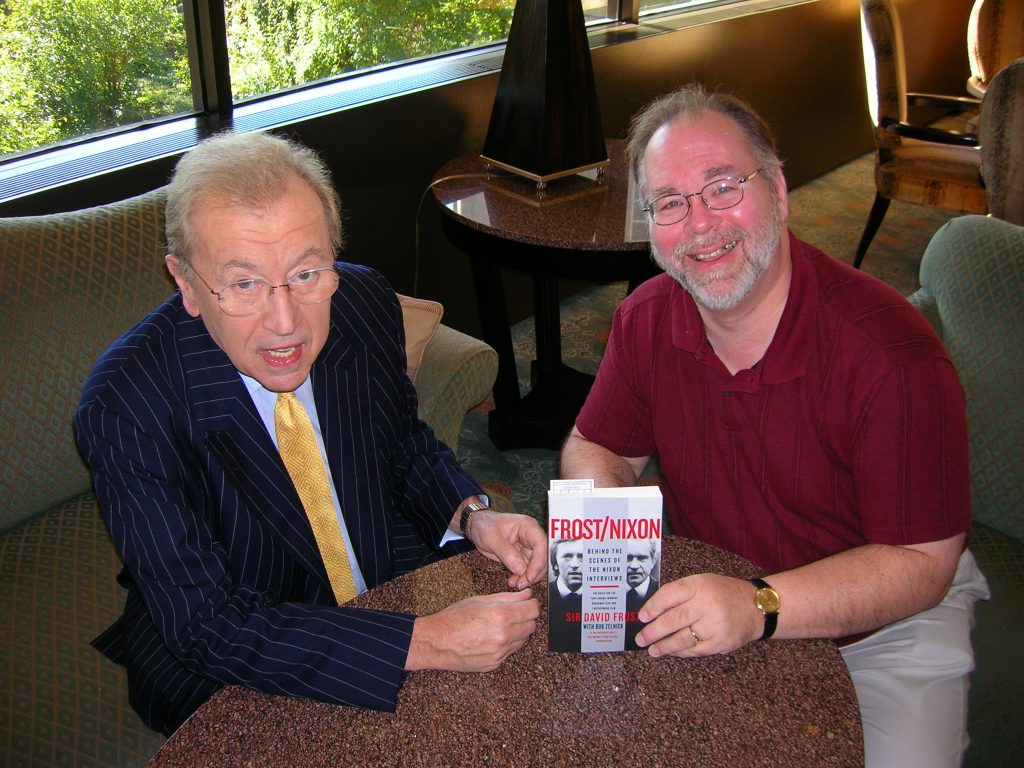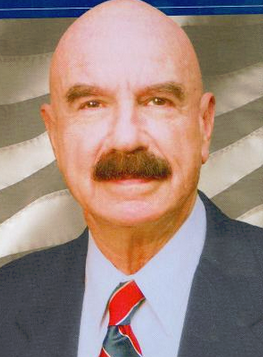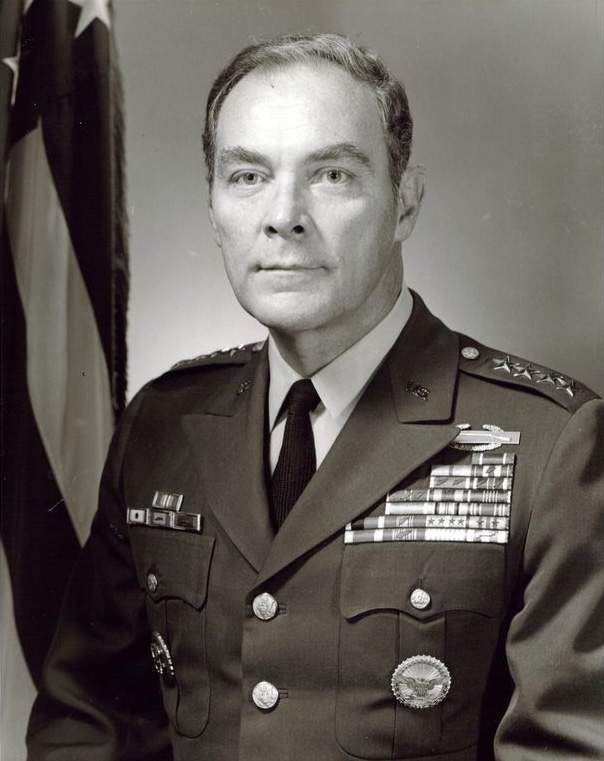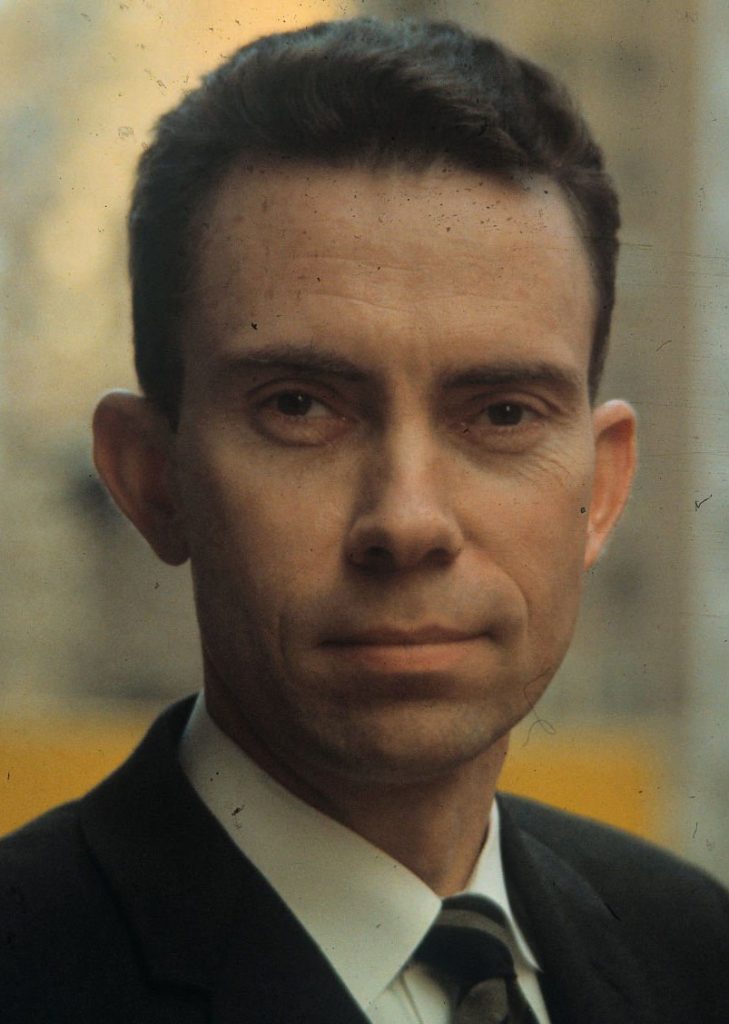
When Edward Nixon was born in 1931, his older brother Richard was already 17. And Ed, along with middle son Don, looked up to their studious and serious big brother.
Ed Worked on his brothers campaigns, but never got further involved in politics, instead choosing what turned out to be a very successful career as a geologist.
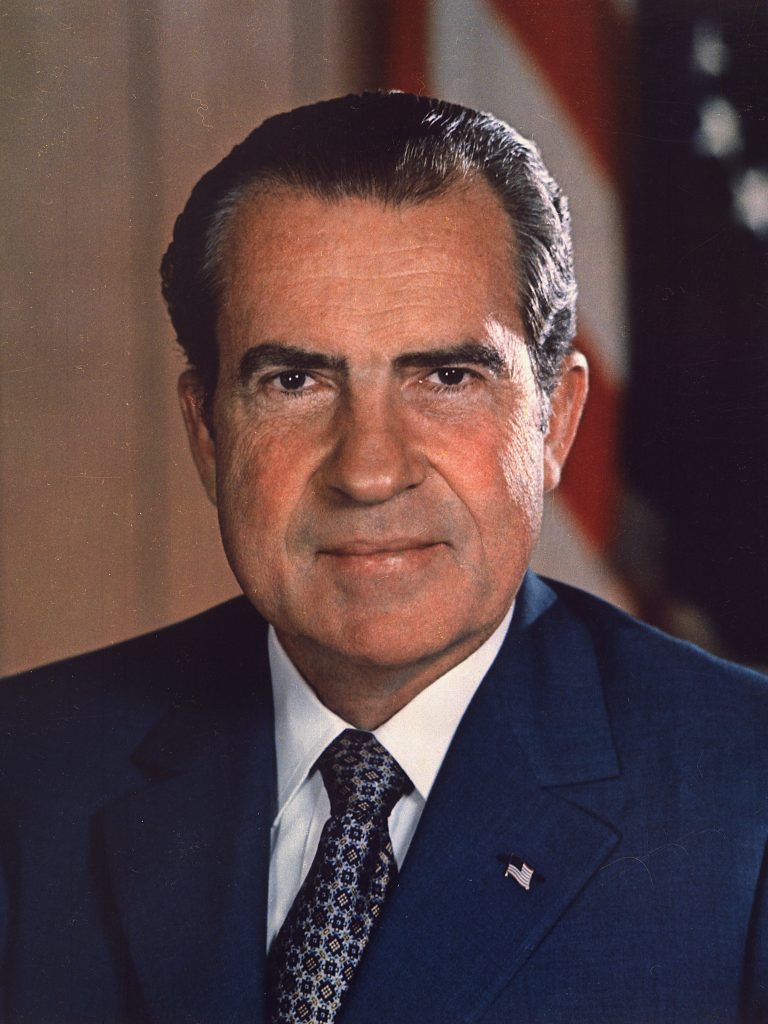
After Richard Nixon’s death in 1994, his brothers Don and Ed felt an urgency to write the story they felt needed to be told about the family. But with Don Nixon in failing health himself, the task fell to Ed.
In 2009, he wrote a book called The Nixons: A Family Portrait.
So here now, from 2009, Ed Nixon.
Ed Nixon died in 2019. He was 88.
You may also like these episodes:
Julie Nixon Eisenhower
George McGovern
Buy Books / Media from Amazon
As an Amazon Associate, Now I’ve Heard Everything earns from qualifying purchases.
